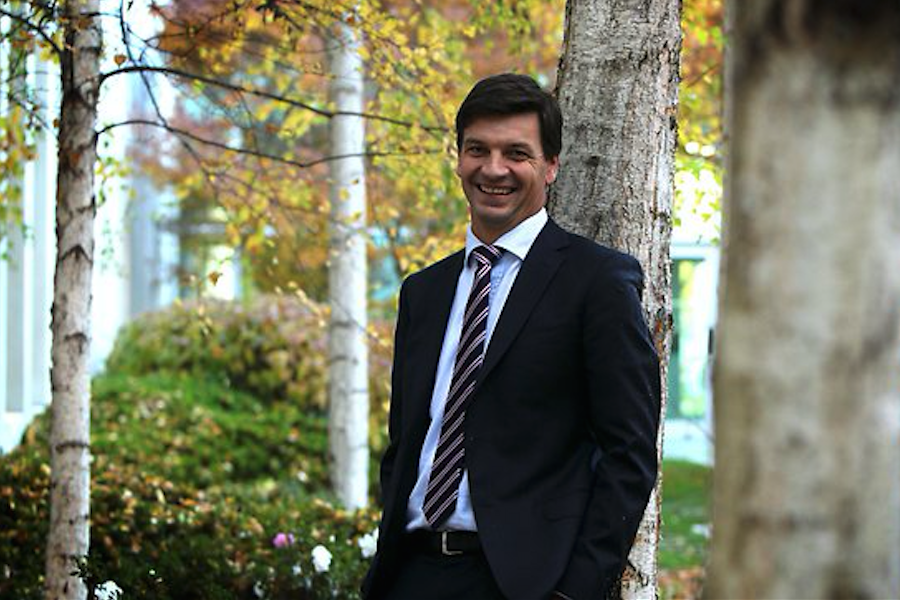The Federal Government has launched an ICT Procurement Taskforce to garner feedback from startups and small to medium enterprises on how government ICT contracts can be made more accessible to small innovators.
Launched by Angus Taylor, Assistant Minister for Cities and Digital Transformation in Canberra on Friday, the Taskforce comes after the announcement of an online Digital Marketplace by Taylor and former Minister for Innovation, Chris Pyne in March.
Currently in beta, the Digital Marketplace is an online catalogue of services, people, and technology to assist government with service transformation. It aims to cut red tape and help businesses access up to 10 percent of the government’s $5.6 billion annual spend on ICT projects.
To further engage with smaller providers, the Taskforce is seeking feedback on how to improve innovation in government through ICT procurement, looking at the experiences smaller providers have had with the procurement process.
Taylor said the government “needs to be porous” and let the inside in by opening up its ICT contracts to smaller players to solve its problems.
“How we work, how we buy goods and services, how we communicate, is being transformed by digital technology. Government is committed to improving the lives of all Australians through more effective digital services – the opportunity is too great to ignore,” he said.
“To capitalise on digital solutions in the private sector, we need to remove barriers for startups and SMEs who want to pitch their ideas and win Government ICT work. Procurement is the main gateway for the digital technology sector to provide solutions to government. This gateway needs to be open and streamlined so that new technologies can be deployed quickly to improve public services.”
A consultation paper on the issue released by the Taskforce acknowledges that collaboration between government and industry to develop ICT solutions is limited, while unsolicited proposals are not given full consideration and agency decisions focus on agency-specific solutions rather than whole-of-government solutions, leading to the risk of duplication.
According to the Taskforce, decisions around procurement in the future must consider whether the best quality service can be provided by owning the solution, partnering for the solution, or providing the solution via high quality interfaces.
The consultation process will focus on the three key areas of rules, looking at how current rules and policies affect government procurement of technologies; capability, examining the knowledge and skills of the public sector and how this may affect ICT procurement outcomes; and culture, looking at the cultural factors in government that may affect procurement, with questions focusing on industry or external experience of government culture and where this can be improved.
According to StartupAUS CEO Alex McCauley, a shift in the both government’s understanding of innovation and relationship with risk is key to change.
“Government procurement and service delivery has huge potential to boost growth for startups…to do it well, the government will need to make sure it is open to risk, and will need to be comfortable dealing with young fast-moving companies. That will require a big cultural shift, but we’re confident it’s possible,” he said.
For Joel Thomson, cofounder of SalesPreso, a startup which has done business with the government in the past, a change is welcome news.
While decision makers in big companies and bureaucracies often understand how a startup’s product can help them work better, ICT procurement and CIOs are still reluctant to take a chance, he explained.
“In our experience, government tenders take a lot of time and resources, and you really need to be big to win them; our successes have taken a lot of time.”
The launch of the Taskforce follows the NSW Government upping its innovation procurement threshold from $250,000 to $1 million in October. With this, state government agencies are now able to engage suppliers through direct negotiation on short term contracts valued up to $1 million, including GST, for proof of concept or outcomes-based trials. Once a trial is complete a competitive tender process will then take place.
The Taskforce is taking submissions online, and will also be running roundtables on the issue.
Image: Angus Taylor. Source: The Australian.




















Trending
Daily startup news and insights, delivered to your inbox.